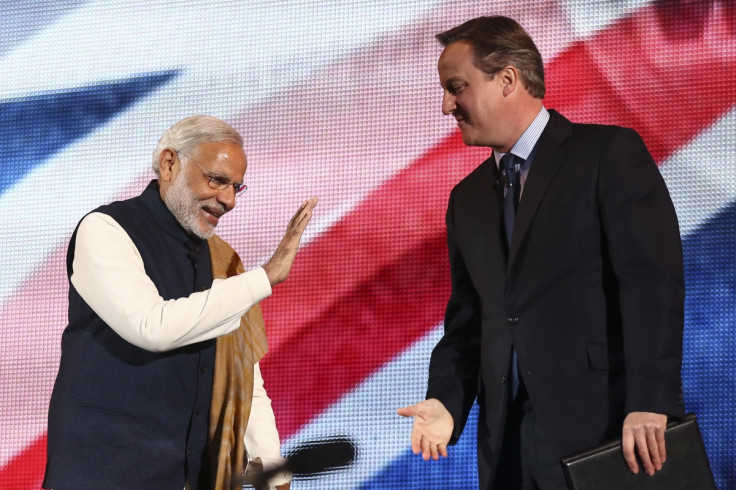British Lords accuse Indian Prime Minister Modi of supporting Hindu extremism

A number of British Lords have criticised India's Prime Minister Narendra Modi for supporting Hindu extremism. The concerns were raised in UK parliament during a debate about declining religious freedom in India under the Modi government.
The debate was organised by Lord Singh of Wimbledon on 17 March and highlighted "the plight of minority faiths" in India. Lord Singh noted that Narendra Modi's election in 2014 had given some Hindu extremists "a green light" to make India a Hindu-dominant country, while shunning religious minorities.
Speaking during the debate, Lord Hussain said: "It has been widely reported throughout the past many years that Hindu extremism in India is growing. India claims all the time that people from every religion come to live in peace in India and enjoy themselves. However, you only have to be either a Christian, a Muslim, a Sikh or a Dalit to find that out for yourself."
Lord Ahmed referred to the recent case of a US Commission on International Religious Freedom having their visa to India denied. He accused the Indian government of secrecy and said that the country was breaching its duty towards minority religions and urged the UK government to reconsider supporting India's claim to a permanent UN Security Council seat.
During the debate in the Lords Grand Committee, the Lords also highlighted concerns about Modi's past. They highlighted his links to the Hindu group Rashriya Swayamsevak Sangh (RSS), a party that has been heavily influenced by Hindu nationalist ideology and was previously banned by the former Indian Congress government for its role in communal violence.
Lord Harries of Pentregarth said: "Mr Modi, in this younger days, was a member of the RSS, the main Hindu extremist group. He has not disowned that past, nor, as far as I am aware has there been a ringing condemnation of Hindu-inflicted violence against other religions."
Lord Collins of Highbury, the Shadow Foreign Office spokesperson, also raised the alarm over the US Commission that was denied a visa to India. He urged the UK government to encourage human rights and religious freedom training for police and judiciary in India, while accusing the UK of placing importance on Modi's economic reform with India while paying no attention to "increasing levels of censorship" under his government.
Lord Collins said: "The Foreign and Commonwealth Office seems focused on what it called prosperity interventions in India, bus what is being done on human rights since Prime Minister Modi came to power? The prosperity agenda and the lives and fundamental freedoms of people must never be part of a cynical trade-off. You cannot trade human rights with economic trade."
© Copyright IBTimes 2025. All rights reserved.






















